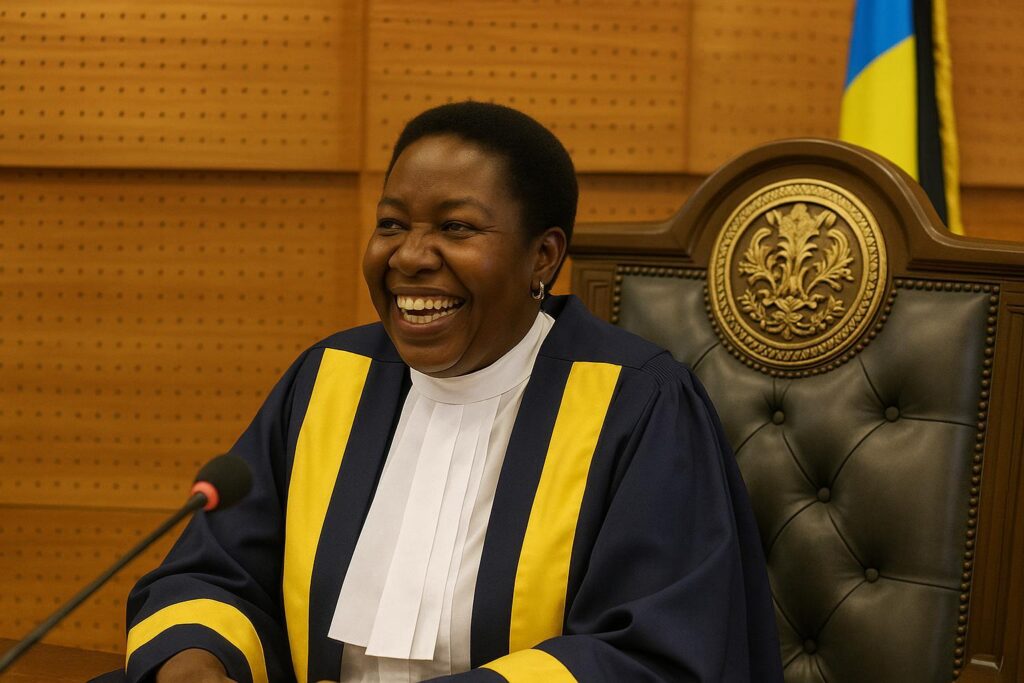Juba cemetery shortage alarms residents
Families in South Sudan’s capital report long journeys to rural villages after finding no space to bury loved ones in town. Only one active public graveyard—near Checkpoint on New Yei Road—still accepts burials.
Urban growth and legal gaps drive the crunch
Rapid population expansion has swallowed older cemeteries in Gumbo, Juba Na Bari, New Site, Hai Malakal and Konyo-Konyo, now dotted with informal homes. Lawmakers blame weak land protection and the absence of a national regulation for burial sites.
Parliament demands accountability from officials
On Tuesday the Transitional National Legislative Assembly voted to summon the national minister of Land, Housing and Urban Development, Central Equatoria’s governor, and the state land minister to explain the conversions and outline future plans.
Lawmakers call for a comprehensive burial law
Nyangang Johnson Lok Riek warned that unmanaged cemeteries threaten dignity and public health. Bol Joseph Agau echoed the urgency, noting that customs alone cannot guide modern urban burials: “Every town must reserve land for the inevitable.”
National policy seen as key solution
Speaker Jemma Nunu Kumba labeled the shortage a countrywide concern and insisted on a policy extending beyond the capital. The assembly will send formal letters within days, seeking clear timelines and designated plots to avert further crisis.


